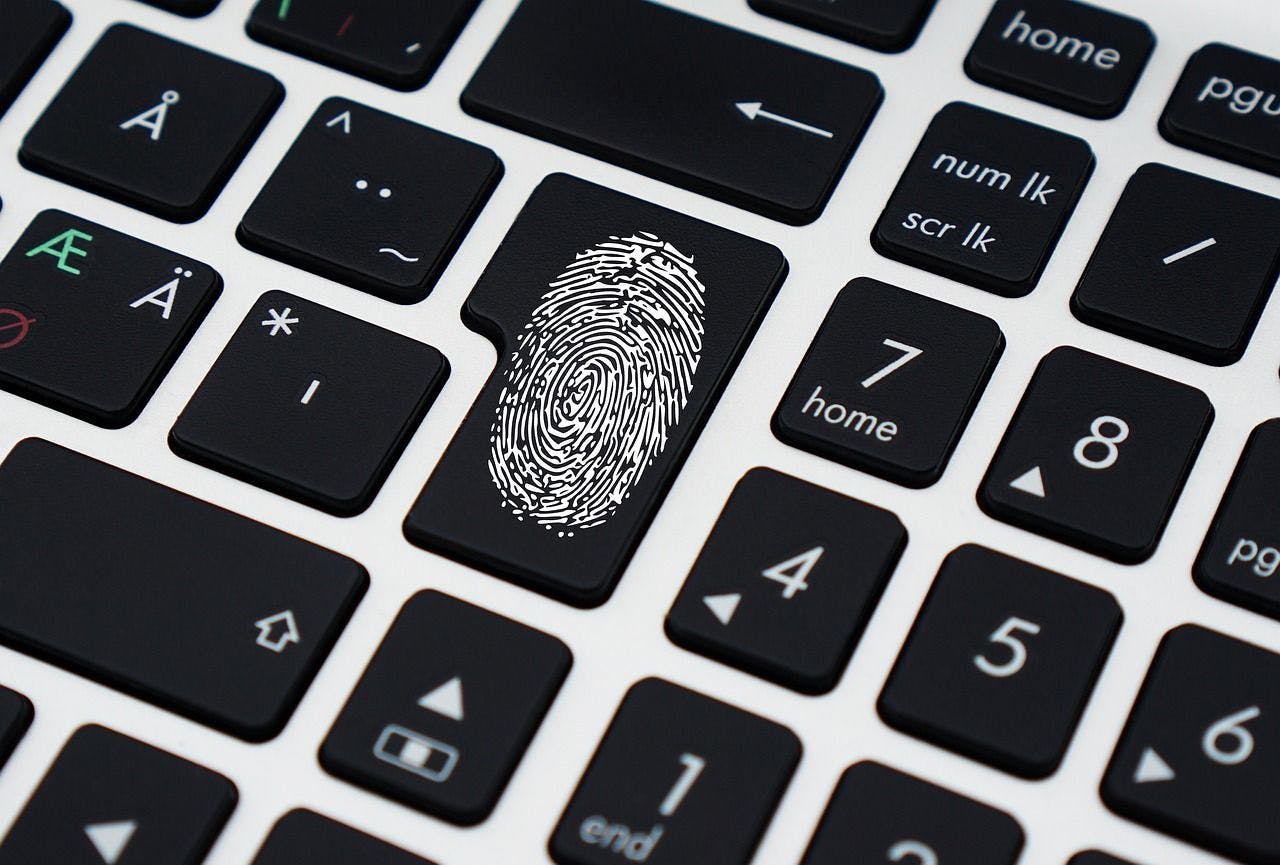US President Donald Trump delayed enforcement of the TikTok sale-or-ban order for 75 additional days last Friday, one day before it was set to take effect. The extension follows Trump’s earlier tariff announcement that reportedly disrupted a pending deal to transfer the app’s US operations to American owners. ByteDance later claimed on Weibo that the company is still in talks with the US government and has not yet reached any agreement.
Why it matters: The delay highlights the ongoing uncertainty surrounding TikTok’s future in the US and the broader geopolitical tensions between Washington and Beijing. Trump has linked the deal with tariff negotiations, adding a new layer of complexity and making clear this is not a simple tech transaction but a bargaining chip in US-China trade relations.
Details: Trump announced the delay on his social platform, Truth Social, stating that his administration has been working hard to secure an agreement to “save TikTok” and has “made significant progress,” but the TikTok deal “requires more work to ensure all necessary approvals are signed.” The delay will allow TikTok to operate for another 75 days, pushing its deadline for a sale or closure in the US to mid-June.
- Earlier, CNN reported that a deal led by the Trump administration to split TikTok’s US operations into a new company – with US investors holding a majority stake and ByteDance retaining less than 19.9% to comply with the law – was “basically finalized” on Wednesday.
- “We had a deal pretty much for TikTok – not a deal but pretty close – and then China changed the deal because of tariffs,” Trump told reporters on Air Force One as he returned to Washington after a long weekend in Florida. “If I gave a little cut in tariffs they would have approved that deal in 15 minutes, which shows the power of tariffs.”
- Potential TikTok investors could include Oracle and BlackRock, with Oracle currently providing most of the app’s back-end technical support. Other companies expressing interest in bidding include Amazon, former Los Angeles Dodgers owner Frank McCourt, and the founder of OnlyFans.
Context: Last year, former US President Joe Biden enacted a law that forced ByteDance, TikTok’s parent company based in China, to sell its stake in the app or face a ban in the US over national security concerns. The law was scheduled to take effect in January, but Trump announced a delay in its enforcement, hoping to negotiate a deal to keep the app operational.
Since then, Trump has stated that numerous buyers have shown “great interest” in acquiring TikTok.
- The app, with over 170 million American users, is a highly valuable asset for any buyer looking to influence young internet users.
- Currently, 60% of ByteDance’s ownership is held by “global institutional investors,” including BlackRock, General Atlantic Investment Group, and Susquehanna; 20% is owned by Chinese founders and 20% is owned by employees, including American staff.
TikTok has tried several approaches to resolve the stand-off over US national security concerns, including establishing a Transparency Center, creating a dedicated US data security company, USDS, to manage American user data, and implementing two projects – “Clover” for data segregation and “Texas” for data security – each costing about $1 billion annually. The company has also hired executives with American backgrounds and reached an agreement with Oracle, which will serve as TikTok’s “trusted technology provider” in the US, according to the agreement, and whereby Oracle is authorized to conduct security reviews of TikTok’s US source code. ByteDance has repeatedly stressed that its data storage is localized, with US user data managed by Oracle, and that there is no evidence of security risks, though this defense has gained little traction among US politicians.









